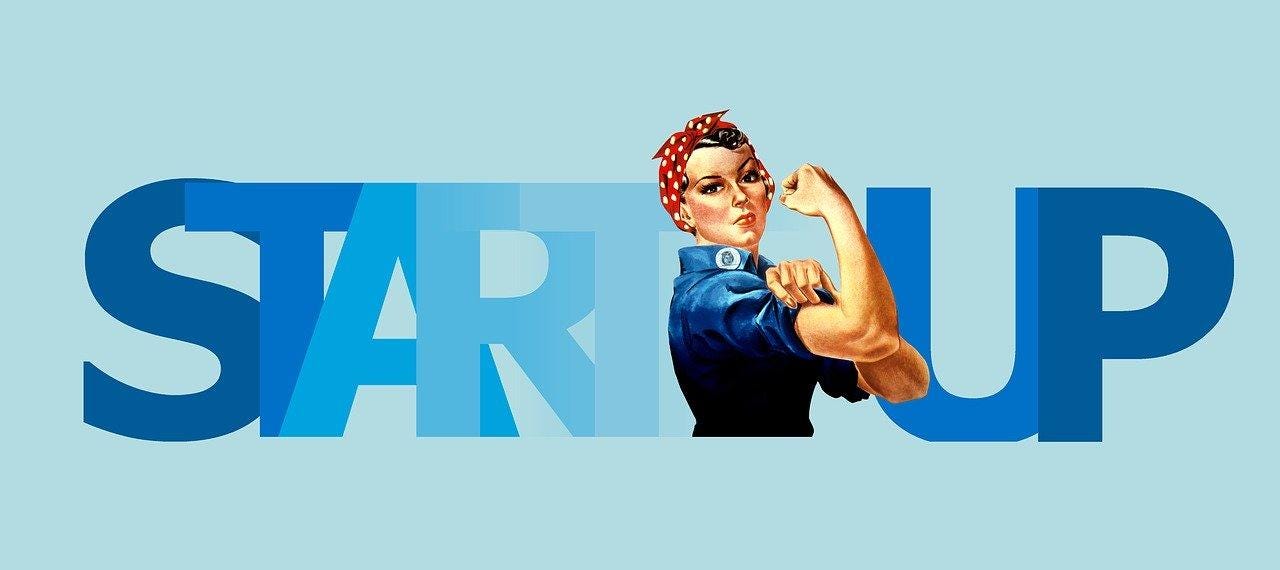Time to step up: Problem solving startups shift gears to help in COVID-19 fight


There have been bright spots in the storm. We've all heard the news about enterprising companies shifting production or development capabilities to help during the ongoing COVID-19 crisis.
In Southern California, Virgin Orbit has designed and is producing new ventilators to meet an expected demand. AirBnB is supplying housing for 100,000 COVID-19 first responders. Through a charitable foundation, Alibaba's founder Jack Ma is donating over a million testing kits, six times as many masks, and 60,000 protective suits and face shields to communities in Africa.
It's easy to be cynical, especially as the crisis had laid bare the staggering systemic inequality that's been growing for generations. It's easy, after all, for big companies and their phenomenally wealthy founders to look generous with what, in reality, amount to relatively small gestures.
Less so when it comes to startups, many of which were just finding their footing when this pandemic through everything into question, including the economic horizon. Investments have fizzled, sales have stagnated, and in many industries, uncertainty is the defining characteristic of existence right now.
And yet, many startups are doing something, including several I became familiar with through MIT Solve, an initiative of the Massachusetts Institute of Technology (MIT) with a mission to solve world challenges. In addition to hosting open innovation challenges (including the ongoing Global Health Security & Pandemics Challenge), Solve identifies tech-based social entrepreneurs and helps fund and support them in building companies.
There are several success cases, but perhaps the most telling yardstick for an organization focused on social impact is how startups that have received support from Solve are reacting to the ongoing crisis.
For example, Ada Health, which is offering free coronavirus screenings, is an AI-powered platform that provides personalized symptom assessments in real-time. Once a user shares their symptoms, Ada asks a series of questions, parsing through infinite symptom combinations and thousands of possible conditions. The insights gleaned using the platform can help avoid unnecessary trips to the doctor, which tie up health resources and introduce greater risk of infection.
Learning platform CENTURY, another Solve-supported company, is offering its tool for free to students impacted by the coronavirus in the US and around the world. CENTURY allows students to receive an individually tailored education at home, and teachers are given in-depth data and analysis on their students' performance, improving their ability to help them learn from afar. CENTURY is working with more than 100 schools already and have had additional requests for help from something like 400 more, a number that's rapidly increasing by the day.
"When serious disruption occurs, from natural disasters to outbreaks of disease, education has traditionally drastically suffered," explains Priya Lakhani, CEO and founder of CENTURY. "But it is great to see education companies rallying around educators with support. We're offering our AI-powered learning tools for free to any affected school, so that students and teachers can continue the process of education throughout substantial turmoil."
Edtech company Kiron is also lending a hand. The company has developed a free, interactive online course to help educators globally learn how to better teach students online during school closings. That may sound awfully meta, but it's a hugely important job. The edtech startup provides refugees worldwide and underserved communities in the Middle East access to high-quality education.
"The coronavirus reinforces a need that already exists. More and more students are looking for digital formats to complement classroom teaching," said Tobias Ernst, CEO of Kiron.
MemoryWell, a digital intergenerational storytelling platform, has also made its tools available for free to help families use this time to work together and create a family history project—whether they're in the same home or across the country. Traditionally a platform for senior storytelling working in collaboration with some of the biggest names in senior care, the company is now making its proprietary tools available for a limited time direct to consumers as families seek to create personal histories and America's seniors are self-isolating.
"In this moment of uncertainty, the ties that bind are more important than ever, says Jay Newton-Small, CEO and founder of MemoryWell. "Sharing family histories connects the generations and strengthens our families and communities. This is a unique moment that allows the time so many of us crave to capture family history that we have always wanted to share."
There are countless other examples of companies doing what they can. I get the eye rolling when big companies crow about stepping up. But when startups, which have little bandwidth or resources to deviate from their core business, make the effort, it's worth crowing about.